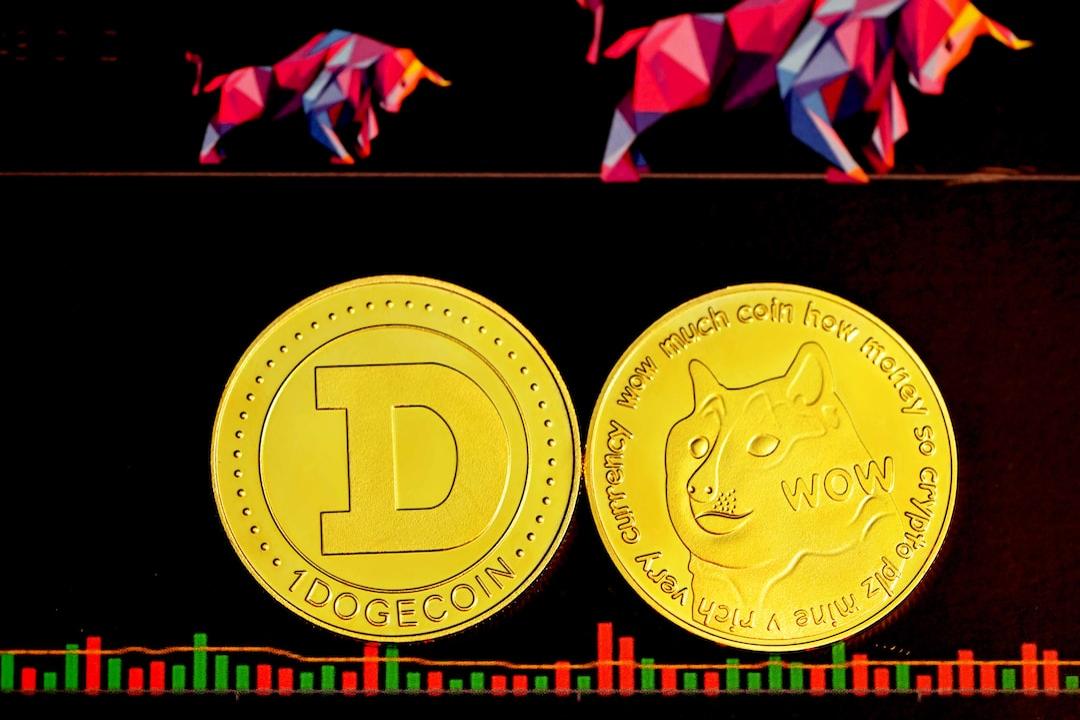Key Takeaways
Deutsche Telekom’s subsidiary and Bankhaus Metzler are initiating a Bitcoin mining project in Germany utilizing surplus renewable energy.
The venture evaluates the capacity of Bitcoin miners to stabilize the energy grid and fosters the expanding utilization of blockchain technology in non-financial domains.
MMS, a subsidiary of Deutsche Telekom, the paramount telecommunications provider in Europe, together with Bankhaus Metzler, are collaborating to examine the practicality of deploying Bitcoin mining for the stabilization of Germany’s energy grid, as revealed in a press release on Monday.
The pilot project is designed to tackle the surge in renewable energy production, which leads to grid fluctuations due to meteorological conditions. It will explore whether Bitcoin mining can exploit this excess energy to fortify the grid. The adaptable load characteristic of Bitcoin mining can conform to energy variances, serving as a cushion.
The mining operations will take place at the Metis Solutions GmbH facility within Riva GmbH Engineering in Backnang, equipped with its proprietary photovoltaic system. Telekom MMS will oversee the mining apparatus, while Bankhaus Metzler will concentrate on test executions and data analytics, as mentioned in the press release.
“With the escalating quantity of renewable energy sources and the consequent variations in available energy, the demand for swiftly accessible regulating power intensifies,” remarked Oliver Nyderle, Head of Digital Trust & Web3 Infrastructure at Deutsche Telekom MMS. “In collaboration with Bankhaus Metzler and RIVA Engineering GmbH, we are venturing in this direction to scrutinize the regulatory impact of Bitcoin miners on the energy grid.”
This initiative echoes analogous successful ventures in the US and Finland, where Bitcoin miners contribute to the equilibrium of grid supply and demand. The flexible load attributes of mining activities could potentially assist in the stabilization of energy grids amid fluctuating periods, especially advantageous for producers of wind and solar energy.
Hendrik König, Head of Digital Assets Office at Bankhaus Metzler, stated:
var rocket_beacon_data = {“ajax_url”:”https:\/\/cryptobriefing.com\/wp-admin\/admin-ajax.php”,”nonce”:”b67ad0d0b3″,”url”:”https:\/\/cryptobriefing.com\/renewable-energy-mining-germany”,”is_mobile”:false,”width_threshold”:1600,”height_threshold”:700,”delay”:500,”debug”:null,”status”:{“atf”:true},”elements”:”img, video, picture, p, main, div, li, svg, section, header, span”}
“Our objective is to accrue experience in diverse application realms to further propel the innovative momentum of blockchain technology in Germany. Blockchain technology is accruing prominence in operational business beyond the financial sector – and a reliable financial ally is crucial for the administration of crypto assets.”
Since 2020, Telekom MMS has been provisioning infrastructure for decentralized protocols, backing networks such as Chainlink, Fetch.AI, and Polygon. In 2023, the corporation broadened its portfolio by operating a Bitcoin node, marking its inaugural foray into Proof-of-Work networks.

